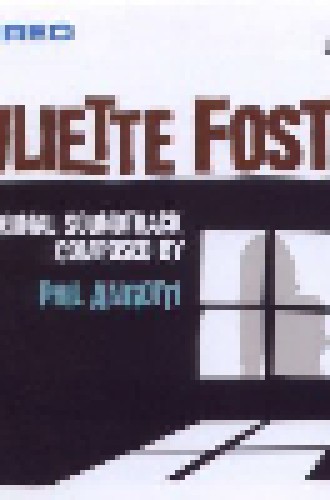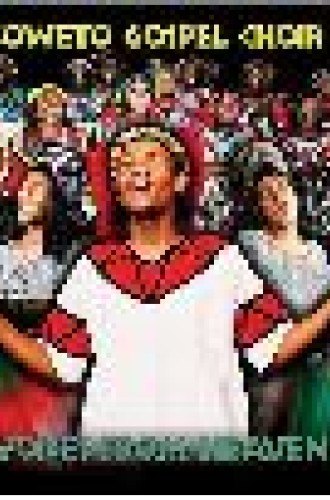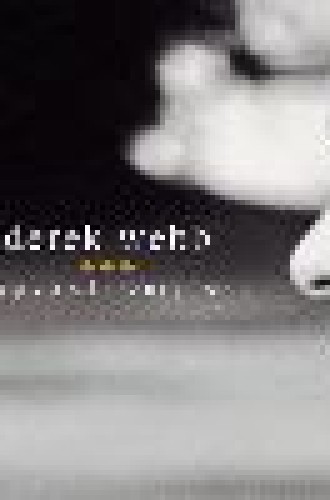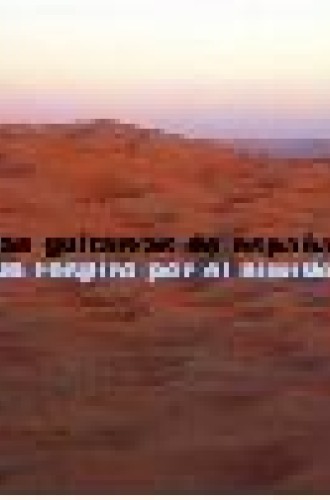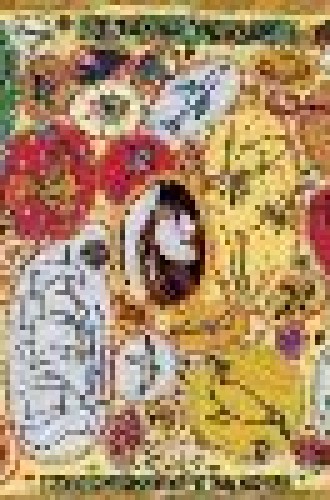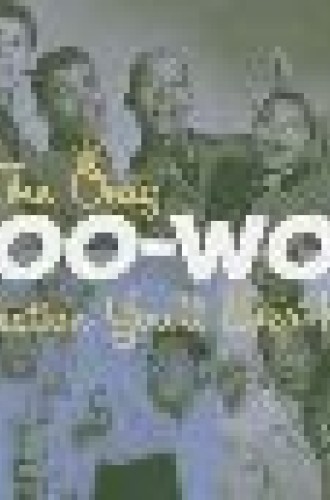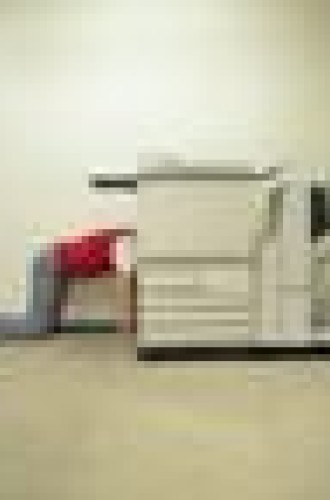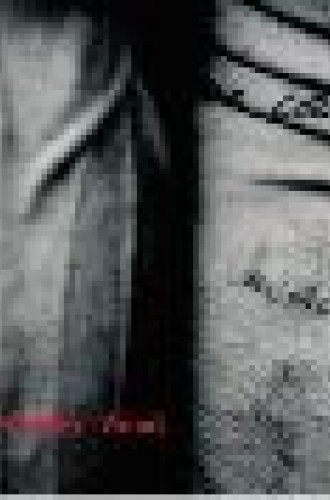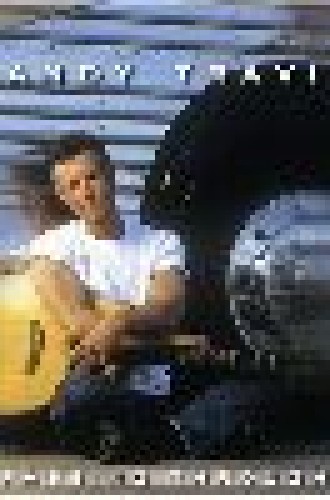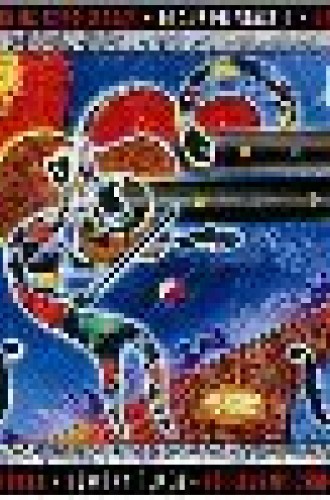Sound alternatives
Juliette Foster, by Phil Angotti (Jam Records). Acoustic pop.
Angotti has composed a soundtrack for an imaginary movie. Its billowy acoustic textures are reminiscent of Eric Carmen, Zombies, Left Banke and other classic pop artists. The record is sublime and thoroughly engaging, relying on Angotti’s supple tenor and strident rhythms to cast its spell. The title track gets a welcome propulsion from cello accompaniment, and fans of Paul McCartney’s first solo album might think they’ve stumbled on an album of lost outtakes.
Graft Ladysmith Black Mambazo onto African-American gospel music and you begin to approach the transcendent energy of South Africa’s Soweto Gospel Choir. On this CD, its American debut, the group sounds equally confident tackling traditional numbers such as “Amazing Grace” or Jimmy Cliff’s “Many Rivers to Cross” (which eventually segues into a stirring chorus of “Amen”). Other highlights include “Jikela Emaweni,” with its driving hand drumming and its call-and-response between solo and choral singing.
What if a band could revisit the gems of its catalog many years later and rerecord them on a new studio album that bears one continuous stylistic imprint? That’s what PFR attempts here, throwing in three new songs along with the seven recast numbers. While versions of “Great Lengths” and “Pray for Rain” might not surpass the originals, both versions stand on their own as tasty slices of guitar rock with a British pop accent. Of the new pieces, “Home” hits the mark as an acoustic ballad of spiritual centering.
Webb’s solo music has consistently been more adventurous than that of his acoustic-rock band Caedmon’s Call, though this CD does recall the brash spirit of Caedmon’s Long Line of Leavers. “The Strong, the Tempted & the Weak” melds heavy guitars and strings into a pleasing bombast reminiscent of Grand Funk Railroad. “Reputation” has a contemporary rock sound comparable to John Mayer’s. Lyrically, Webb shoots for theological paradox—and blasts ideological smugness on “T-shirts (What We Should Be Known For).”
Flamenco is only one type of musical form evident here. “Mejor Me Voy Mañana” suggests a rhumba spiked with vibraphone cascades and rolling percussion, while “Recuerdos” bathes the listener in droning, minor key melodies with an Arabian feel. The album showcase is “Walking Prana,” a meditation marked by flamenco flourishes, a sunburst of Indian-styled violins and mantra-like vocals.
Brethren We Have Met to Worship, by various musicians (self-released). Acoustic worship.
The musicians of the Chicago band Darwin’s Dilemma, working with other local artists, have recorded a collection that puts a special spin on some time-honored hymns. While titles such as “When I Survey the Wondrous Cross” and “My Faith Has Found a Resting Place” are well established, songwriter Andy Thisse has given them new melodies and arrangements. A bulk of the album is dedicated to Thisse originals, which create a reverent spirit of worship cast within lively folk-rock frameworks. (To purchase, contact rdvarney2@yahoo.com; all proceeds benefit missions work in Poland.)
Joanna Newsom’s sound has no reference point in singer-songwriter folk; she plays a Celtic harp and her songs shine with psychedelic, fairy-tale imagery. Then there is her voice, an otherworldly instrument full of odd squeaks and passing tones that suggest helium as an inhalant. But the sound grows on the listener to the point where tender songs like “Bridges and Balloons” and “Sprout and the Bean” demand repeated listening. Then there is the bittersweet “Sadie,” in which Newsom sings: “And all day long we talk about mercy / Lead me to water, Lord, I sure am thirsty.”
Expect great things from Shout Factory, a new label started by former Rhino Records executives. This double disc offers 37 songs presenting doo-wop in all its harmonizing, sentimental glory. Along with standards such as “The Great Pretender” and “A Teenager in Love” come surprises such as Vito & The Salutations’ “Unchained Melody,” played at a much more upbeat tempo than the Righteous Brothers’ version.
From the dreamy, distorted guitars that drive “Blow It (Away)” to the synthesizer swirl floating through “Sunset,” this is an album brimming with textures that recall the early efforts of U2, The Cure and The Posies. It’s infused with a sense of faith and yearning, as vocalist Wayne Everett sings on “Saturday Night”: “Every time my soul is sinkin’ / Underneath a sandy shore / don’t stop me from diggin’ for something more.”
A decade ago, Chris Whitley was a critic’s darling on Columbia Records, but since then he’s left for a more productive, creative career as a small-label artist. Like PFR, Whitley mines songs from his back catalog (here spanning 1986 to 1996) but takes the compositions back to the threadbare essentials, rendering them with just voice and acoustic and resonator guitars. The result recalls the artistic daring of Neil Young fused with the heart and soul of a 1930s Delta bluesman.
Travis’s latest wins points for its hickory-smoked textures. He isn’t beyond a gentle sermon or two. On “Pick Up the Oars and Row,” he sings nudging encouragement over a key-of-C backdrop of fiddle, acoustic guitar and high-hat: “Bitterness don’t look good on you, and self-pity just ain’t your style.” Playing for higher emotional stakes, Travis talks through the verses of “Angels,” a tearjerker that salutes the sacrifices of mothers for their sons.
Conceived as a tribute to guitarist Django Reinhardt, this “unplugged” live recording—made in 2003—crackles with jump-jazz energy that is infectious from the opening chords of “Rosetta.” Even more remarkable is the performance of violinist Johnny Frigo, who takes the role of Reinhardt’s foil, Stephane Grapelli. Though in his mid-80s when this recording was made, Frigo is at the top of his game on standards such as “Tangerine” and “I’ve Got Rhythm,” the latter rendered at breakneck pace.


